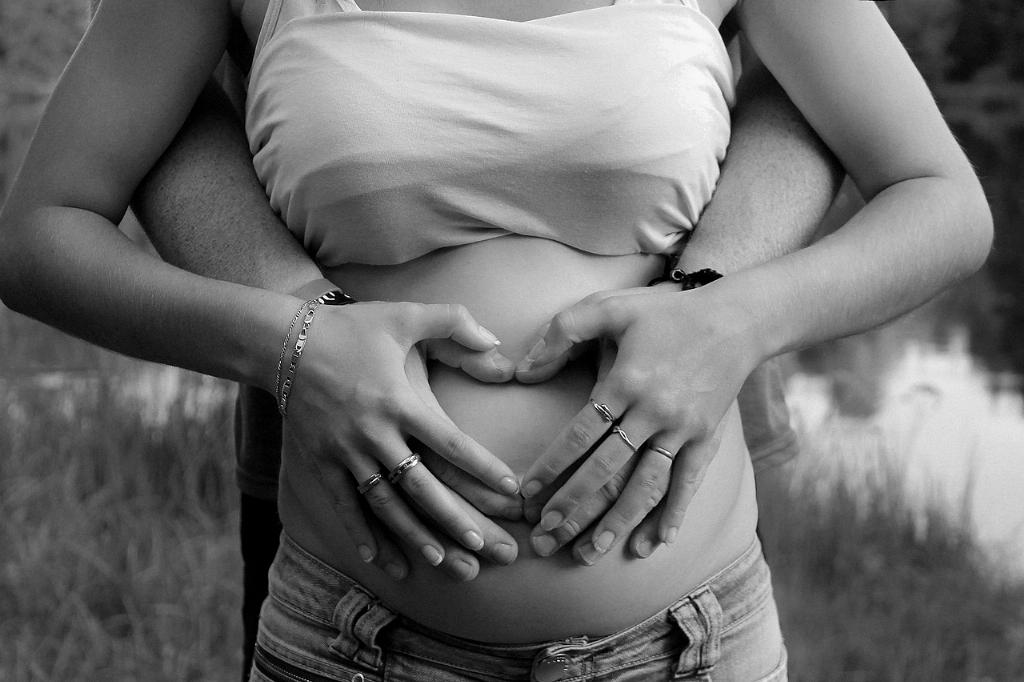One common question that many individuals have is whether it is possible to get pregnant if you have an ovarian cyst. It is essential to address this concern to provide clarity and guidance for those who may be experiencing this situation.
An Overview of Ovarian Cysts
Ovarian cysts are fluid-filled sacs that develop within the ovary. These cysts can vary in size and are typically harmless, often causing no symptoms and resolving on their own. However, in some cases, they can lead to complications and may require medical intervention.
The Impact of Ovarian Cysts on Fertility
While ovarian cysts can affect fertility, their presence does not necessarily mean that you cannot get pregnant. The relationship between ovarian cysts and fertility depends on various factors, including the size and type of cyst, as well as any underlying conditions.
Ovarian Cysts During Pregnancy
It is not uncommon for women to develop ovarian cysts during pregnancy. In most instances, these cysts are benign and do not pose a significant risk to the pregnancy. However, close monitoring is essential to ensure that the cysts do not grow or cause complications.
Risks and Considerations
Although ovarian cysts may not directly impact your ability to conceive, certain types of cysts, such as endometriomas or dermoid cysts, can lead to fertility issues. It is crucial to consult with a healthcare provider if you have concerns about how ovarian cysts may affect your fertility.
Consulting with a Healthcare Provider
If you are trying to conceive and have been diagnosed with an ovarian cyst, it is advisable to discuss your specific situation with a healthcare provider. They can provide personalized guidance and recommendations based on your medical history and individual circumstances.
Treatment Options
The treatment for ovarian cysts during pregnancy may vary depending on the type and size of the cyst, as well as the stage of pregnancy. In some cases, observation and monitoring may be sufficient, while other situations may require more proactive management.
Monitoring and Follow-Up Care
Regular monitoring of ovarian cysts during pregnancy is essential to track their growth and ensure that they do not pose a risk to you or your baby. Your healthcare provider will work closely with you to determine the best course of action for your specific situation.
Seeking Support and Information
Dealing with ovarian cysts and fertility concerns can be overwhelming, but it is important to remember that you are not alone. Seeking support from healthcare professionals, as well as connecting with others who may have similar experiences, can provide valuable reassurance and guidance.
Emotional Well-Being
Coping with the uncertainties surrounding ovarian cysts and pregnancy can take a toll on your emotional well-being. It is essential to prioritize self-care and seek emotional support to navigate these challenges effectively.
Final Thoughts on Ovarian Cysts and Pregnancy
In conclusion, having an ovarian cyst does not necessarily preclude you from getting pregnant. However, it is crucial to address any concerns or complications associated with ovarian cysts to ensure the best possible outcome for both you and your baby. By staying informed, seeking guidance from healthcare providers, and prioritizing your well-being, you can navigate this journey with confidence and support.

